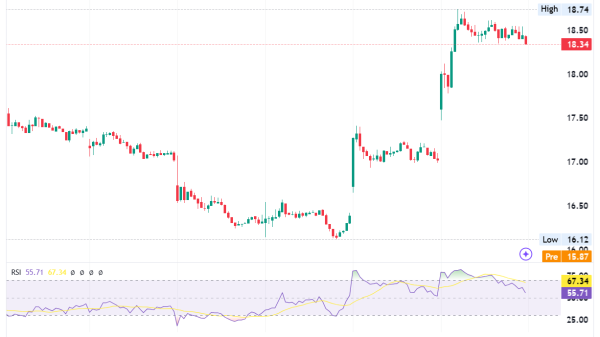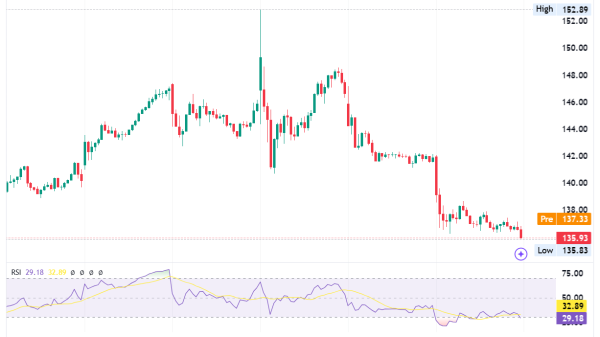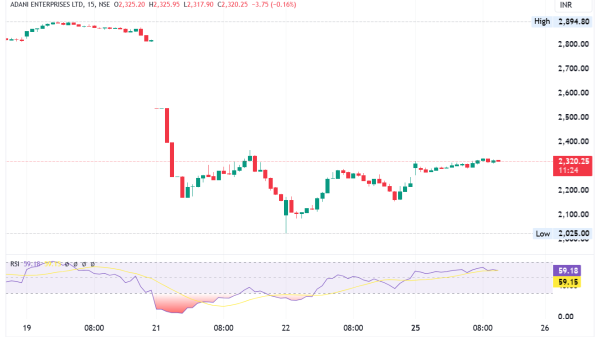
By Jarrett Renshaw, David Morgan and David Lawder
WASHINGTON (Reuters) – U.S. President Donald Trump is pushing a plan to explicitly use revenue from higher tariffs on imported goods to help pay for extending trillions of dollars in tax cuts, an unprecedented shift likely to face opposition from many of his fellow Republicans in Congress.
The U.S. collects less than $100 billion annually in trade penalties imposed on imported goods as a tool to protect and grow domestic industries. That money is rarely a topic in Washington’s routine budget battles because it makes up so little of the federal government’s revenue.
Trump has threatened across-the-board import tariffs, but has yet to impose any. The president and his allies say he wants to use them much like the personal and corporate taxes that account for the vast majority of U.S. revenues, notching up tariffs to help pay for government programs and cover promised tax cuts.
“Instead of taxing our citizens to enrich other countries, we will tariff and tax foreign countries to enrich our citizens. For this purpose, we are establishing the External Revenue Service to collect all tariffs, duties and revenues. It will be massive amounts of money pouring into our treasury coming from foreign sources,” Trump said during his inaugural address on Monday.
Raising enough money in tariffs to make a dent on the U.S. budget would be a big ask; they have accounted for only about 2% of annual revenues in recent years.
“Tariffs are going to be a really important part of the tax-cut discussion.” A 10% tariff is “about $350 to $400 billion in revenue. So you see the beauty of that in the negotiations,” Trump aide Peter Navarro told CNBC on Tuesday.
Republican budget hawks concerned about the reliability and durability of tariff revenue, along with the potential dangers trade wars pose for individual districts and voters, are likely to put up a fight, U.S. lawmakers and trade analysts say.
U.S. Representative Ralph Norman, a South Carolina Republican, told Reuters that any push by Trump to pass tariffs through Congress as legislation would be an uphill climb.
“Everybody’s got their district and companies that are affected by tariffs, good and bad. I doubt he would think he could get it through,” Norman said.
“It is technically, mathematically possible to find some tariff policy that would offset the Trump tax cuts, but there is no way they would have the votes to do that,” said Bobby Kogan, senior director of federal budget policy at the left-leaning Center for American Progress.
Asked how seriously Republicans are looking at tariff revenue as an offset for the Trump agenda, House of Representatives Majority Leader Steve Scalise told Reuters: “Trump’s alluded to doing tariffs, but we don’t know any details yet. He said expect something to come. But until we see it, it’s really hard to speculate.”
The White House did not respond to requests for comment.
DEFICIT WORRIES
Importing companies pay tariffs on goods that come into the U.S., and most economists and business executives say importers are likely to pass the costs to consumers or be forced to accept lower profits.
The House Ways and Means Committee, the main tax-writing panel in the lower chamber, included a 10% across-the-board tariff in its menu of options to pay for extending the tax cuts, according to a recent memo seen by Reuters. It estimated such a tariff regime would fetch $1.9 trillion over 10 years, according to the memo. Extending the tax cuts Trump passed during his first term and which expire this year would cost $4 trillion over 10 years, analysts estimate.
Trump has also promised to stop collecting taxes on workers’ tips and payments to Social Security retirees, which would add hundreds of billions to the federal deficit without matching revenue or cuts.
Republicans are preparing to enact these plans through a parliamentary process called “budget reconciliation” that doesn’t require support from Democrats in the coming weeks.
With a slim majority in the House and a 53-47 seat margin in the Senate, Trump needs to convince budget hawks within his party that his plans won’t add to the deficit. Democrats have been opposed to the vast majority of the Trump tax cuts.
If they are not technically in the legislation, the tariffs would not likely be included in the official Congressional Budget Office scoring of the reconciliation bill.
Counting tariffs as revenue would require Congress to vote on them as legislation and it would have a material impact on the budget, House Budget Committee Chairman Jodey Arrington, a Texas Republican, told Reuters. “So, it is a legitimate item that could be considered. But I’m not telling you that it’s being considered at this moment. In fact, it’s been discussed and debated, but there’s no final plan.”
Even with tariff revenue included, Republicans would likely have to impose massive cuts to popular government programs, such as Social Security and the Medicare health insurance plan for seniors, to pass a balanced bill.
The non-partisan Tax Foundation estimated Trump’s most extreme tariff proposals – a 20% universal tariff plus a 60% tariff on China’s exports to the U.S. would raise about $3.8 trillion over the 10-year budget window, falling short of the $4.3 trillion needed to fully offset the cost of making the expiring tax cuts permanent.
‘HIGHLY INEFFICIENT’
Erica York, vice president of federal tax policy at the Tax Foundation, said it’s “highly unusual and unprecedented” to use tariffs for revenue.
“Tariffs are a highly inefficient way to raise revenue,” York said. “They create a larger burden on poorer households than they do on richer households, which means many lower- and middle-income households could be worse off under the proposed combination of tariffs and tax cuts.”
Relying on tariffs to balance a budget also makes little long-term sense because of how consumers react to them, other experts noted.
Tariffs are intended to shift behavior, much like so-called “sin taxes” on cigarettes or alcohol, which means that if they were effective, they would reduce revenues over time, said Martin Muehleisen, a senior fellow at the Atlantic Council think tank.
“If tariffs are intended to shift domestic consumption to U.S. products, they would generate little revenue if successful. If they are mainly designed to raise revenues, they would be inflationary and reduce economic growth,” he said.

































